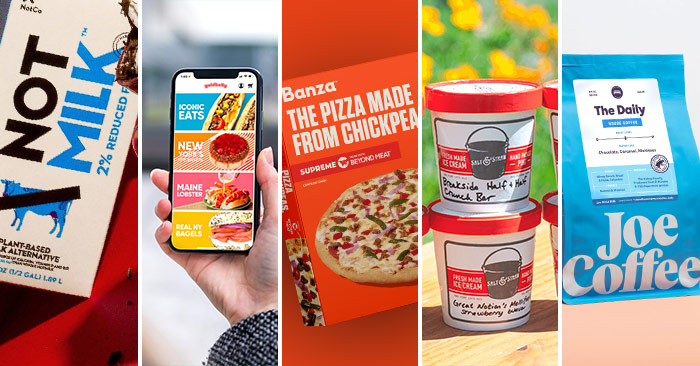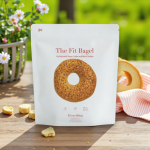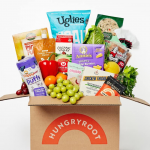Enlightened Hospitality Investments Closes Fund II

Foodservice-focused Enlightened Hospitality Investments (EHI) announced today that it has closed its second fund at $332 million. The round was oversubscribed, according to a press release, and included prior limited partners as well as new institutional partners, college endowments, strategic investors, and family offices.
What Is EHI and What Does Their Fund Invest In?
EHI is the investment firm started by famed restaurateur Danny Meyer’s Union Square Hospitality Group (USHG). The firm invests in “fine casual” restaurants as well as the technologies that “fuel hospitality,” and CPG products that have (or are looking to have) a stronger foodservice presence.
The firm’s Fund I closed in October 2017 and came in at $220 million. EHI’s investments in the CPG or retail space include Joe Coffee, Salt & Straw, Goldbelly, Banza and NotCo. According to a press release, EHI plans to stay the course with Fund II, placing minority investments of $10 million to $30 million in the core categories of restaurants, brands and technology providers.
“We are inspired by the resilience of the community of businesses in Fund I that have not simply endured the unprecedented challenges of the hospitality industry but have adapted and thrived,” Mark Leavitt, EHI co-founder and managing partner, noted in a press release. “We consider it a privilege to build on this legacy and use Fund II to provide continued strategic growth equity for businesses built on a culture of hospitality to drive stakeholder success.”

Restaurant Portfolio as Value-Add
For CPG brands, EHI is in the unique position where it can both quickly introduce a food or beverage brand to its portfolio companies and also set up a CPG product for success in the channel. The firm has already provided assistance to this effect with portfolio brands NotCo and Banza, which have pursued coffee shops and pizza parlors, respectively.
Foodservice has been a core channel for many food and beverage brands, ranging from branded products (such as grab-and-go beverages) to ingredients. What’s evolved is the stage at which many brands are pursuing these efforts, with some brands, such as Oatly and Hero Bread, even making foodservice central to their go-to-market strategy. This change reflects new expectations by foodservice providers, which no longer require national placement right away, but instead often opt for tests that allow for product evolution, tolerate slower introductions and may focus on select markets.
The benefits run both ways. Working with brands that have a better-for-you or mission-driven focus can allow large chains a means of attracting younger consumers who value these business practices. For example, Subway’s current test with Hero Bread comes at the time when the chain has seen criticism for everything from chemicals in its bread to a reported lack of tuna in its tuna salad.
From KFC’s adoption of Beyond Meat chicken tenders to Taco Bell’s partnership with hot sauce brand Truff, having these unique marketing partnerships has only become more important over the last two years as in-home dining rose significantly in response to the Covid-19 pandemic.

















